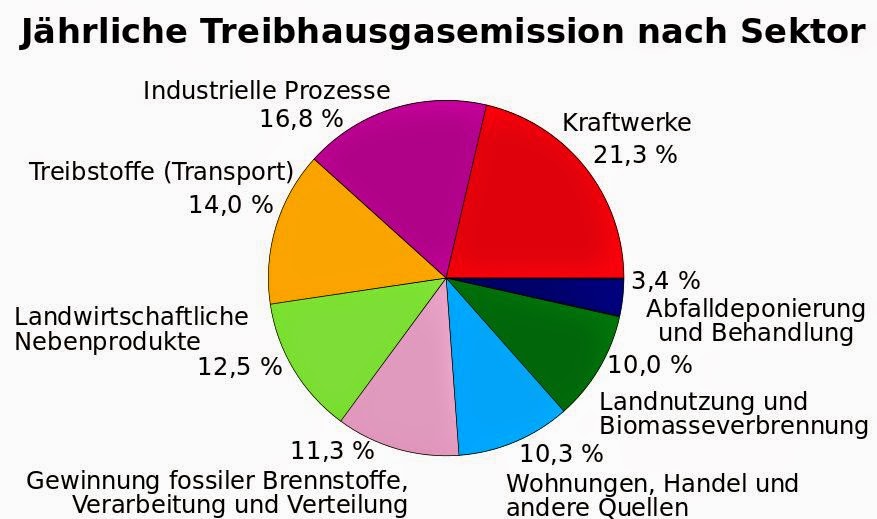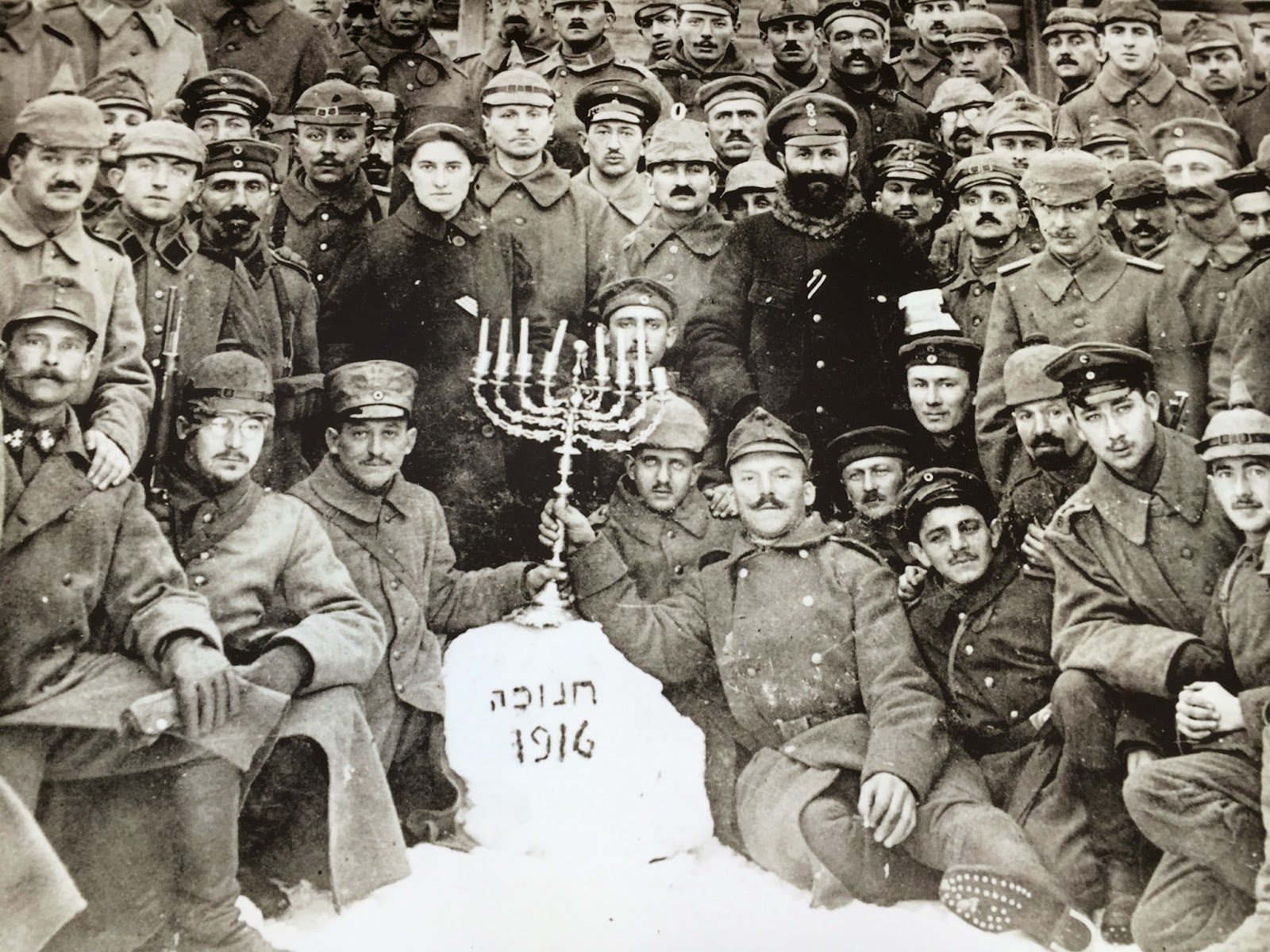
In an earlier blog, I wrote that most beer drinkers know about the German purity decree. This decree is not German since Duke Wilhelm IV of Bavaria ordered the Reinheitsgebot on April 23, 1516. Since 1994, the Tag des deutschen Bieres (Day of the German Beer) has been celebrated on April 23.
The other day in Munich, Red Baron was shocked about his ignorance when he read on a sign at a Maibaum on Viktualienmarkt (Munich's touristic food market) that the Munich Reinheitsgebot already dates from anno Domini 1487. In that year Duke Albert IV the Wise of Bavaria-Munich cast an order of the Munich magistrate of 1453 into law, dass Bier und Greußing* nu füran auch aus nichts anderem dann Hopfen, Gersten und Wasser gesotten werden (that from now on and forever beer and mild beer shall be seethed using nothing else than hops, barley and water).
*a beer with less hops

Yeast is not mentioned here because, in those days, mash fermentation started spontaneously by bacteria from the surrounding air. This is similar to my mother's method of leaving milk in an open receptacle in the kitchen for two or three days until it became set.
Six years later, on February 16, 1493, Duke George the Rich of Bavaria-Landshut issued another purity decree for his territory: Item die Bierbräuer und andere sollen auch nichts zum Bier gebrauchen denn allein Malz, Hopfen und Wasser, noch dieselben Bräuer auch die Bierschenken und andere nichts anderes in das Bier thun, bey Vermeidung von Strafe an Leib und Gut (Also the beer brewers shall use nothing else for making beer than malt, hops, and water and shall as the beer-houses not put anything else into the beer thus avoiding punishment for body and property).
 Following the reunification of the various parts of Bavaria Duke Wilhelm IV proclaimed on April 23, 1516, the above mentioned common purity decree for the whole of Bavaria: Wir wollen auch sonderlichhen dass füran allenthalben in unsern stetten märckthen un auf dem lannde zu kainem pier merer stüchh dan allain gersten, hopfen un wasser genommen un gepraucht solle werdn (We want in particular that everywhere in our towns, markets, and in the countryside to any beer no more than barley, hops, and water shall be taken and used). Later, this Bavarian purity decree formed part of the Reichsbiersteuergesetz (Imperial taxation law for beer) and was called Vorläufiges Biergesetz (Preliminary Beer Law) in the Federal Republic. Preliminary because its articles now are part of the Lebensmittel- und Futtermittelgesetzbuch (Legal code for food and fodder) of September 1, 2005.
Following the reunification of the various parts of Bavaria Duke Wilhelm IV proclaimed on April 23, 1516, the above mentioned common purity decree for the whole of Bavaria: Wir wollen auch sonderlichhen dass füran allenthalben in unsern stetten märckthen un auf dem lannde zu kainem pier merer stüchh dan allain gersten, hopfen un wasser genommen un gepraucht solle werdn (We want in particular that everywhere in our towns, markets, and in the countryside to any beer no more than barley, hops, and water shall be taken and used). Later, this Bavarian purity decree formed part of the Reichsbiersteuergesetz (Imperial taxation law for beer) and was called Vorläufiges Biergesetz (Preliminary Beer Law) in the Federal Republic. Preliminary because its articles now are part of the Lebensmittel- und Futtermittelgesetzbuch (Legal code for food and fodder) of September 1, 2005.Back to the roots? We Germans should not be too proud as in 1438, Duke Philip III the Good of Burgundy had already issued a Pflichtenheft (functional specification document) demanding that for the production of bierre, only water, Burgundian hops, and barley must be used. Purists claim that Duke Philip was not concerned with the purity of the beer but instead wanted to protect the monopoly of Burgundian hops.
*



































